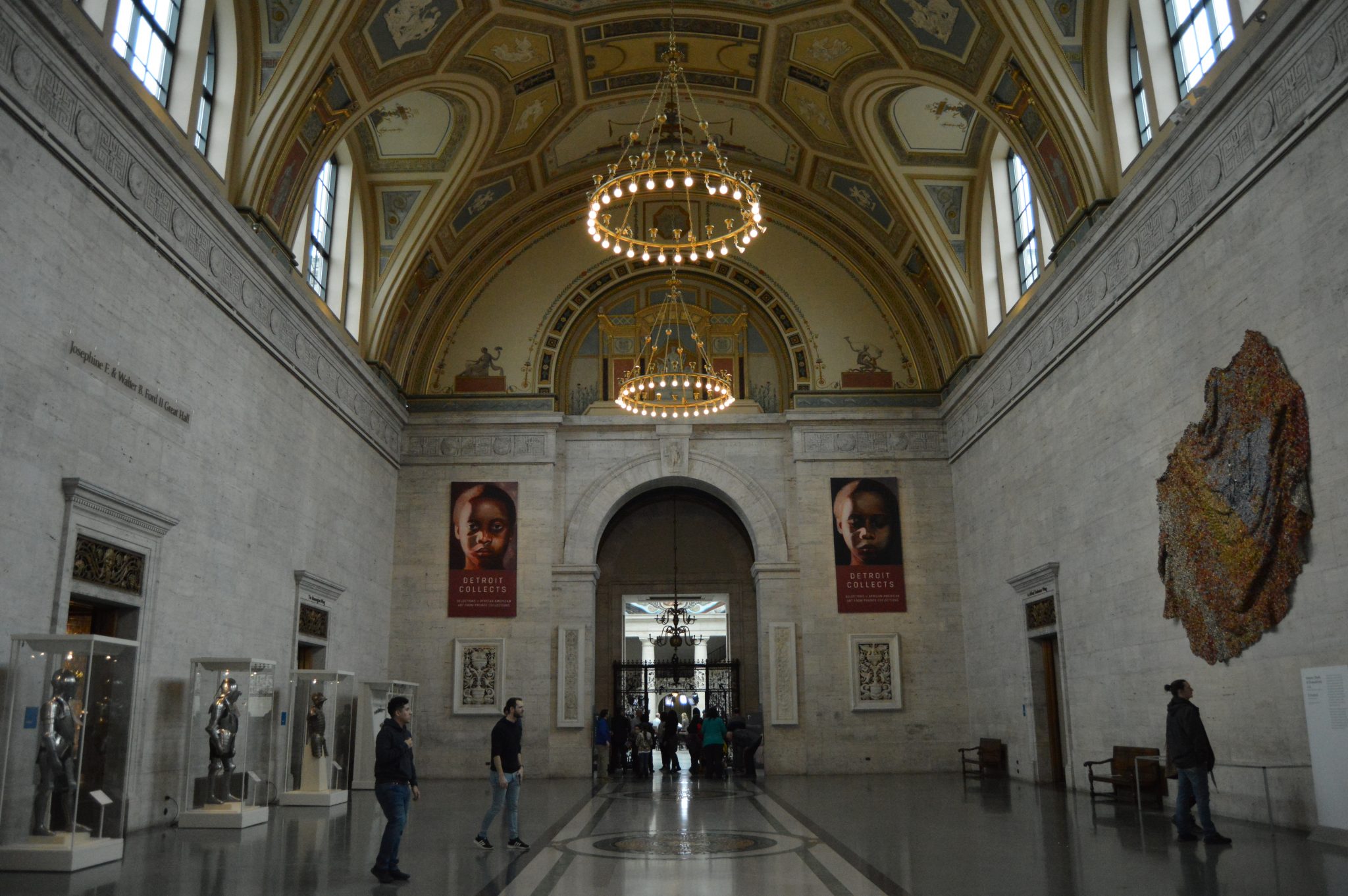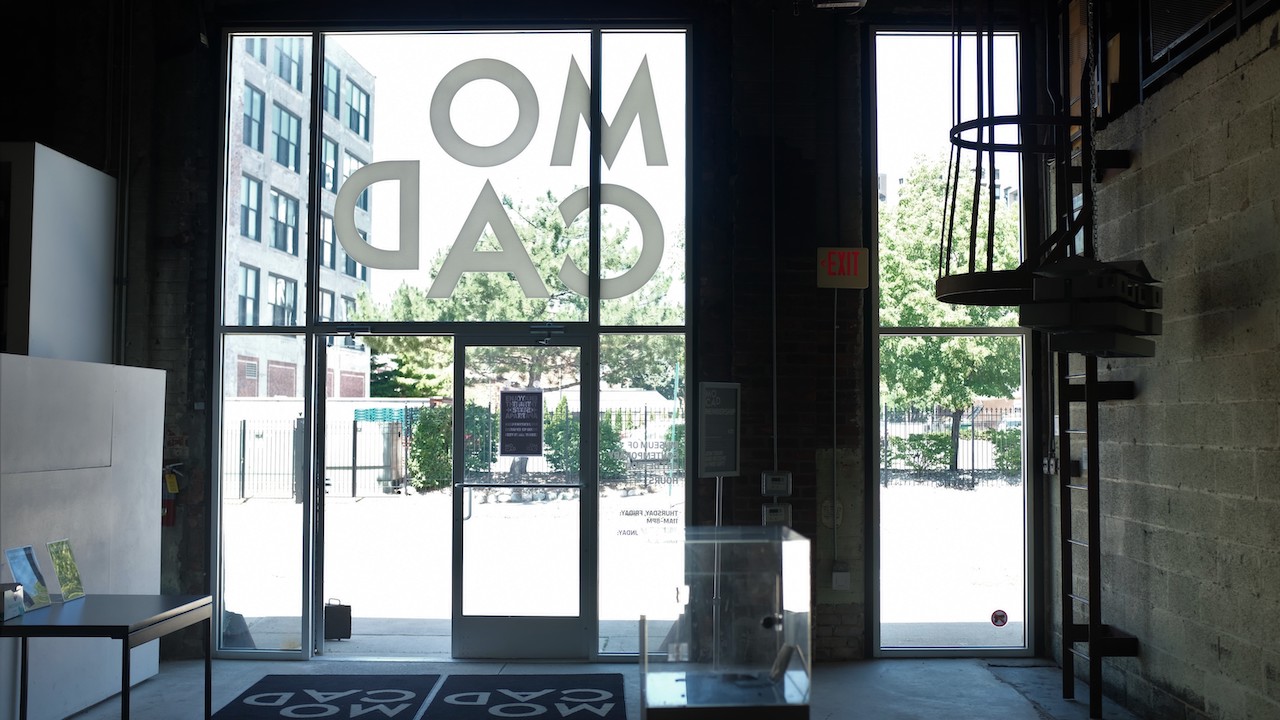Detroit Arts Face Reckoning In MOCAD, DIA Toxic Workplace Allegations
On MichMash, hosts Jake Neher and Cheyna Roth speak with CultureShift’s Ryan Patrick Hooper about allegations of racism within Detroit’s major cultural institutions.

Interior of the Detroit Institute of Art.
It didn’t take long for Detroit, home to two of the most high-profile museums in the state, to be dragged into national headlines about how contemporary museums operate, said host of WDET’s Culture Shift, Ryan Patrick Hooper.
“Museums are certainly in the crosshairs of the same sort of social movements that we’re seeing.” — Ryan Patrick Hooper, CultureShift
Once the state started to open back up following Gov. Gretchen Whitmer’s shelter in place order, Hooper said, as many as 70 and counting disgruntled employees from the Museum of Contemporary Art Detroit came forward and said director Elysia Borowy-Reeder was creating a toxic workplace. There were accusations of racial micro-aggressions towards Black employees and a revolving door of young, Black curators hired but never lasting very long.
Borowy-Reeder was fired in July.
Subscribe to MichMash on iTunes, Spotify, Google Podcasts, NPR One or wherever you get your podcasts.
Then the Detroit Institute of Arts was forced to take a look at its management and lack of diversity as well, Hooper said.
“Museums are certainly in the crosshairs of the same sort of social movements that we’re seeing,” Hooper said.

“The social movements are kind of creating ripple effects that are landing in our cultural institutions. Because our cultural institutions are reflectively white. You see a lot of white artists on the walls, people are wondering, why isn’t there more diversity in the executive office?”
Hooper said the coronavirus pandemic has also exacerbated some of the debates.
“We have to remember that during COVID-19, the people most affected at museums are sort of below the line workers,” he said. “These are cafeteria workers. These are security guards. There’s a lot of those people that hold up a museum, much more that are working kind of in the lobby of a museum, than are working in the executive office of a museum.”
This is an issue that was already existing, even before mass protests engulfed the nation and a global pandemic took root, Hooper said. But those things caused the dominos to fall and conversations to start about numerous institutions and how they operate.
As a result of these efforts, the Detroit Institute of Art has taken public steps to improve diversity, including hiring a firm to help them with the process. Hooper said he hopes this is a genuine move, not just an effort to deal with a public relations problem.
“I would hope that all of these museums, all of these cultural institutions are taking a look at the artists that they’re able to benefit and gain traction from,” he said. “[There are] a lot of young black artists that they’ll hang on their walls, because African American art is extremely popular right now, but it doesn’t necessarily match who’s actually in the executive room.”
More From MichMash
MichMash: Michigan’s cities are worried about under count as census deadline looms
MichMash: Michigan’s marijuana industry still struggles with equality
MichMash: How to make sure your vote is counted during a pandemic
MichMash: As small businesses struggle to stay alive, some help is out there
Trusted, accurate, up-to-date
WDET is here to keep you informed on essential information, news and resources related to COVID-19.
This is a stressful, insecure time for many. So it’s more important than ever for you, our listeners and readers, who are able to donate to keep supporting WDET’s mission. Please make a gift today.

